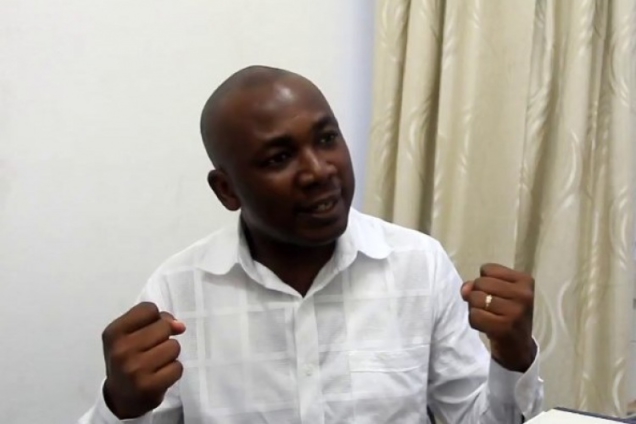An Economist and Finance Lecturer at the University of Ghana Business School (UGBS) says the government’s introduction of a debt exchange programme is the first level of measures to be implemented before Ghana qualifies for an IMF bailout.
According to Prof Godfred Bokpin, there would be more programmes to follow.
“This is not to scare anyone. The debt exchange government announced is just the first level, there would be more to come,” he stated.
According to him, “there would be exchange with non-tradable government debt, there would be some other fiscal adjustment that would have to be made beyond what is in the 2023 Budget.”
Speaking in an interview on Joy FM's Top Story on Monday, he explained that his assertion is due to the fact that the level of adjustment that needs to be made to attain sustainability in the debt levels is enormous.
“Because across almost all the debt sustainability dependency indicators, we are trending in some cases more than 40% above the policy dependency threshold in the baseline estimation.”
"Unfortunately, what makes it sad is the lack of disclosure and transparency on the part of our government and their lack of consultation, coming with clean hands, honesty, humility to say that this is the extent of the problem. I need all of you to come on board. Look, the government has adopted an approach like they more or less want to ambush the market. It doesn't help," he explained.
Prof. Bokpin added that, “assuming government was to have its way and even suspend interest payment across all its instrument –treasury bills, bonds etc and even include external debt servicing obligation as captured in the 2023 Budget, approximately 63 billion cedis, it will not be enough.”
According to him, per the analysis, the primary surplus the country needs to record in the next five years to climb back to a sustainable level is averaging 6.4 million dollars.
“If you look at that current exchange rate, you are looking at something in excess of 75 billion cedis. So that tells you that the level of savings that have to be made on annual basis to bring the debt to a more sustainable level is huge,” he said.
Latest Stories
-
EPA says lead-based paints are dangerous to health, calls for safer alternatives
58 minutes -
Queenmother calls on President-elect Mahama to appoint more women in his government
3 hours -
Atletico Madrid beat Barcelona to go top of La Liga
3 hours -
Usyk breaks Fury’s heart with points win in rematch
3 hours -
Ghana-Russia Centre to run Russian language courses in Ghana
9 hours -
The Hidden Costs of Hunger: How food insecurity undermines mental and physical health in the U.S.
9 hours -
18plus4NDC marks 3rd anniversary with victory celebration in Accra
12 hours -
CREMA workshop highlights collaborative efforts to sustain Akata Lagoon
12 hours -
2024/25 Ghana League: Heart of Lions remain top with win over Basake Holy Stars
13 hours -
Black Queens: Nora Hauptle shares cryptic WAFCON preparation message amid future uncertainty
14 hours -
Re-declaration of parliamentary results affront to our democracy – Joyce Bawah
14 hours -
GPL 2024/25: Vision FC score late to deny Young Apostles third home win
14 hours -
Enhancing community initiatives for coastal resilience: Insights from Keta Lagoon Complex Ramsar Site Workshop
14 hours -
Family Health University College earns a Presidential Charter
14 hours -
GPL 2024/25: Bibiani GoldStars beat Nsoatreman to keep title race alive
14 hours

